EXCLUSIVE: Has Trump Finally Brought Peace to the South Caucasus?
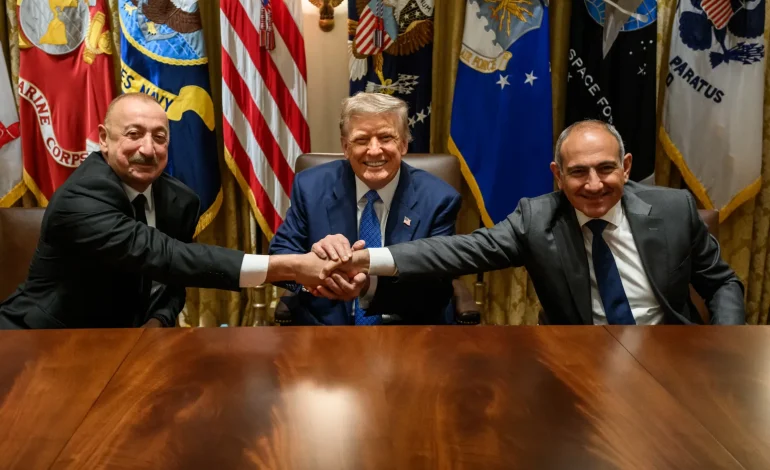
On Aug. 8 at the White House, Armenian Prime Minister Nikol Pashinyan and Azerbaijani President Ilham Aliyev signed a joint declaration in front of President Donald Trump—a headline moment that Washington framed as a breakthrough toward ending decades of conflict. The EU quickly chimed in, welcoming both the declaration and the initialing of an “Agreement on Peace and Establishment of Interstate Relations,” a step that normally precedes formal signature and ratification.
The emerging architecture has two big pillars:
- A political track: Armenia and Azerbaijan pledged to move ahead on a peace treaty text—with both sides later publishing the US-brokered agreement that centers on respect for territorial integrity and a formal end to the conflict. How fast that becomes legally binding depends on domestic procedures in Yerevan and Baku.
- A connectivity track: The plan features a transit link across southern Armenia connecting Azerbaijan proper to Nakhchivan—the route US officials and the White House are calling the Trump Route for International Peace and Prosperity (TRIPP). Washington says the US will hold exclusive development rights for an extended period, and several companies have already signaled interest. Details on oversight and security are still thin.
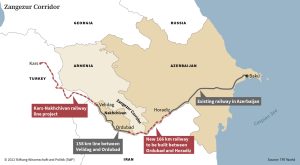
In Washington and Brussels, the storyline is “momentum.” The White House hailed the trilateral declaration as another historic peace deal, while EU leaders Antonio Costa and Ursula von der Leyen framed the initialed peace text as a “significant step” toward stability. Translation: the diplomacy isn’t finished, but the train has left the station.
In the region, reactions are more layered. Tehran bristled at the corridor plan, warning against any arrangement that shifts the security balance along its northern border. That was the fastest and loudest external pushback—and a reminder that every new road in the South Caucasus also rewrites someone’s map. Russian officials reminded everyone that their trilateral accords with Baku and Yerevan are “still valid.” Yet messaging has varied: some statements now sound more accommodating if Armenia says its red lines are intact—an indication both capitals are probing for influence rather than choosing open confrontation.
Baku’s official line has been upbeat about regional trade and transit; Yerevan’s position is that any route must respect Armenian sovereignty and law—a point referenced in official readouts around the declaration and subsequent commentary. (This is precisely the kind of fine print that will matter in implementation.)
Alexander D. Rovere, a former ExxonMobil executive, a former fellow at the Belfer Center for Science and International Affairs at Harvard University, and a graduate researcher at the Catholic University of the Sacred Heart in Milan, sees the agreement as a strategic coup for Washington.
“America’s role as the undisputed leader and the main, if not ultimately the only, mediator on behalf of the collective West in the South Caucasus region on security issues,” he notes. “It provides negotiating leverage with Russia and Iran in shaping the regional security architecture. It signals America’s interest in acting as a power broker between the governments of Central Asia and China. Establishing such a position of influence on security issues can become an important tool for advancing American economic interests in this resource-rich region.”
From this angle, the declaration isn’t just about peace; it’s about positioning. The Zangezur Corridor—a proposed transport link running through southern Armenia to connect Azerbaijan with its Nakhchivan exclave and onward to Turkey—could be a geopolitical pivot point, giving the US a say in trade and energy routes that sidestep both Russia and Iran.
Dr. Matthew Evangelista, President White Professor of History and Political Science Emeritus at Cornell University, puts the agreement in a harsher light, especially for Armenia. After losing Nagorno-Karabakh in 2023 and watching Azeri forces carry out mass expulsions, Armenia found itself without its longtime security patron, Russia, which “became distracted by the unexpectedly fierce resistance Ukraine offered to its invasion of February 2022.”
“Striking an agreement with Donald Trump’s administration was making the best of a bad situation,” he says.
As Dr. Evangelista notes:
“With its strong diaspora populations in France and the United States, Armenia has always sought to balance its relations between Europe, the United States, and Russia. With Russia no longer offering even limited protection against Azerbaijan, Armenia was in no position to resist Azerbaijan’s demands for a corridor to link up with its co-ethnics in the Nakhichivan enclave in Armenia.”
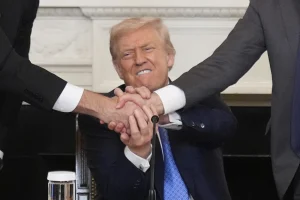
Dr. Evangelista doubts the Zangezur Corridor’s development will be smooth. He warns:
“Donald Trump is not generally considered a long-term strategic thinker or someone with a long attention span, so the most likely outcome of US economic involvement in the region will reflect the mix of corruption, incompetence, and crony capitalism that characterizes much of the administration’s behavior.”
For Arzu Geybullayeva, a Turkey-based Azerbaijani journalist and columnist, the pageantry of the Washington meeting doesn’t mask unanswered questions.
“…Without a firm date for signing the final peace agreement, questions remain about the depth of commitment — particularly from Baku,” she says.
Geybullayeva highlights the situation inside Azerbaijan:
“The ongoing arrest of peace activist Bahruz Samadov, as well as pervasive restrictions (via recent and previous restrictive legislation) on independent civil society, and the continuation of inflammatory narratives towards Armenia suggest that Azerbaijan’s willingness to embrace genuine reconciliation is far from certain. Confidence-building will require more than high-profile ceremonies; it will require tangible changes in rhetoric, policy, and the space for citizens on both sides to engage in reconciliation.”
The “Trump Route” corridor could reshape regional trade, bolstering ties between Azerbaijan, Turkey, and Central Asia—and maybe even prompting Turkey to open its border with Armenia. But these benefits, Geybullayeva warns, come with geopolitical trade-offs — “These gains could come at the expense of Iran’s position and challenge Russia’s waning influence.” The corridor’s oversight, security arrangements, and reciprocal access terms also remain opaque.
“Until the outstanding political preconditions—such as constitutional changes in Armenia and the removal of third-party forces—are addressed, this remains more a stage-managed moment than a settled peace. Without sustained US engagement and tangible steps towards trust-building—including meaningful civil society participation—the agreement risks becoming another stalled initiative rather than a turning point toward lasting peace,” Geybullayeva cautions.
Dr. Georgi Derluguian, NYU Abu Dhabi Professor of Social Research and Public Policy, is blunt:
“No peace agreement was signed even despite President Trump’s massive presence between the historical enemies. Only a memo reaffirming the intention of two sides to strive for peace. This was a low-hanging fruit because the conflict is stalemated.”
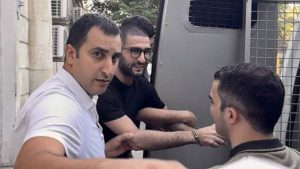
He likens Azerbaijan’s political structure to “a post-Soviet version of Saddam’s Iraq”:
“In Baku, you find a familiar oil autocracy with a huge personality cult, a state propaganda machine, secret police, and an outsized military.”
Dr. Derluguian also points out that Armenia, battered by previous conflicts, has little capacity to resist another military push. Yet the threat of modern drone warfare means even a forced corridor wouldn’t be entirely secure.
“In our age of drones, even a bunch of computer-smart kids might interdict traffic between Azerbaijan and Turkey. On balance, neither side can move.”
In his view, the declaration mainly helps Trump justify maintaining a status quo that benefits him politically. The economic benefit of the Zangezur Corridor for Dr. Derluguian is subject to questions as well:
“Regarding the promised billions of dollars in trade, that remains to be seen, as with all such grandiose promises.”
Dr. Marine Sargsyan, Doctor of Philosophy in Political Science at l’Università degli Studi Roma Tre, points to the European model, where trade interdependence has often been a stabilizing force. But whether Armenia and Azerbaijan can follow that path will depend on more than just open transport links.
“It depends on many factors, such as domestic, regional, and international politics, the interests of major powers, and of course propaganda within their societies,” she says.
The White House got the photo—and, to be fair, a real diplomatic opening. Brussels stamped it with legitimacy. Tehran growled. Markets will wait to see if bulldozers, not just press releases, show up. For now, Aug. 8 is less a finish line than a start: a US-centered peace framework tied to a US-managed corridor. If it holds, Washington boosts its hand in a region where influence is up for grabs. If it falters, it becomes another cautionary tale about grand ceremonies and thin guarantees.
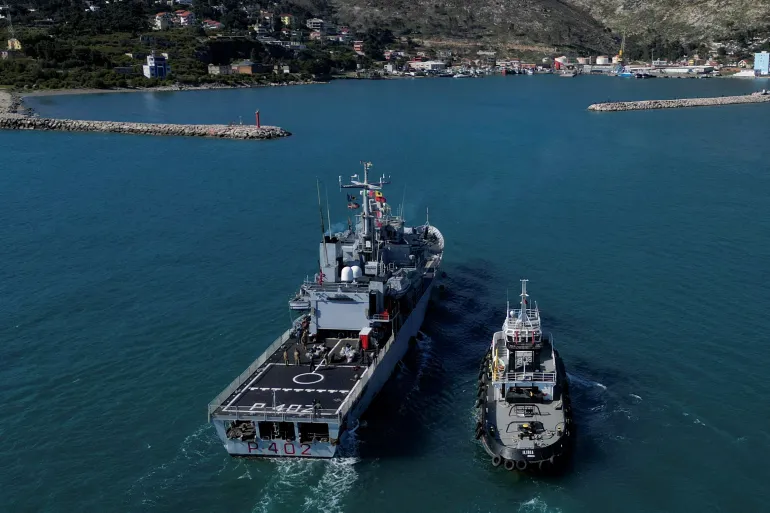
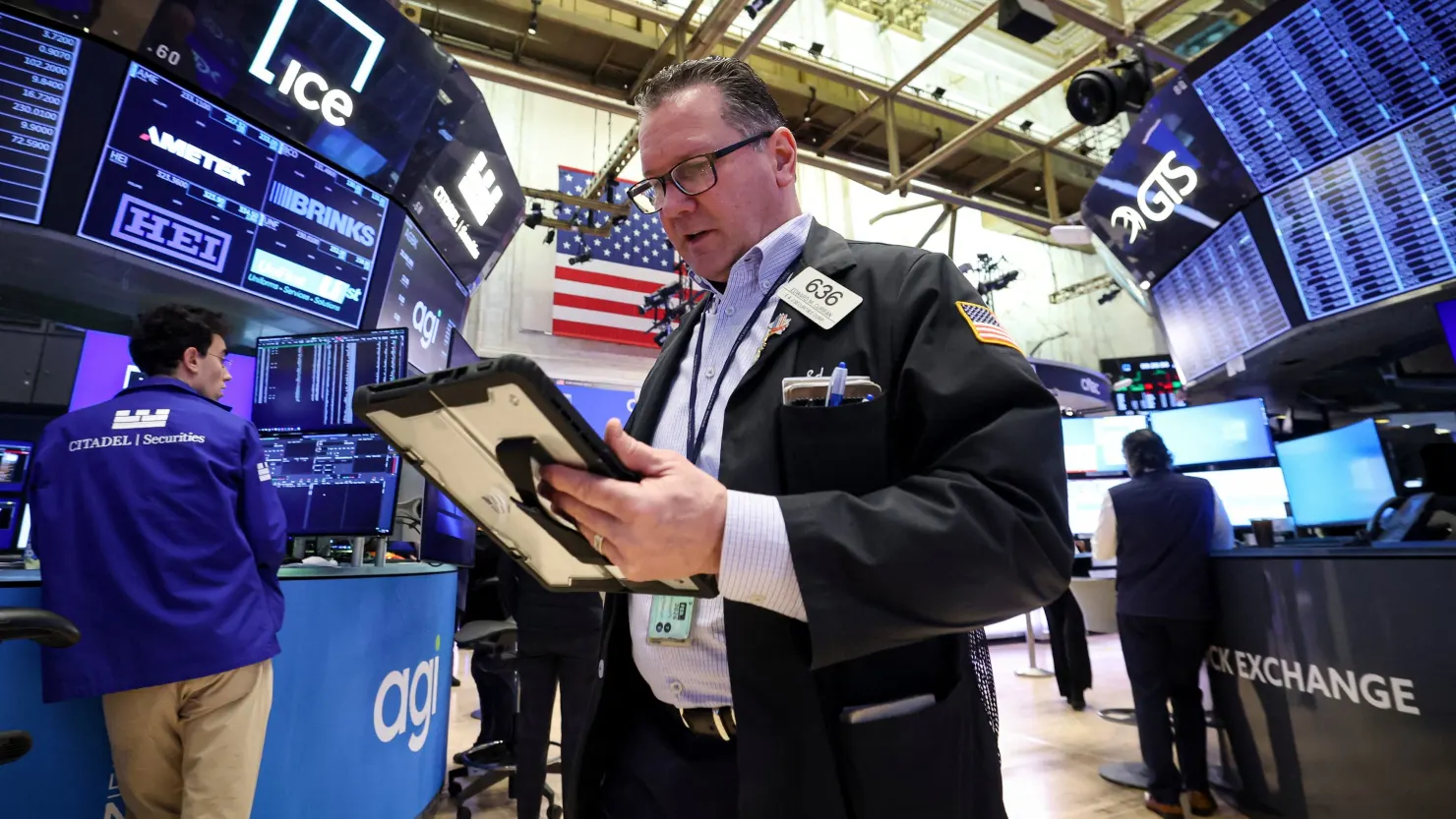
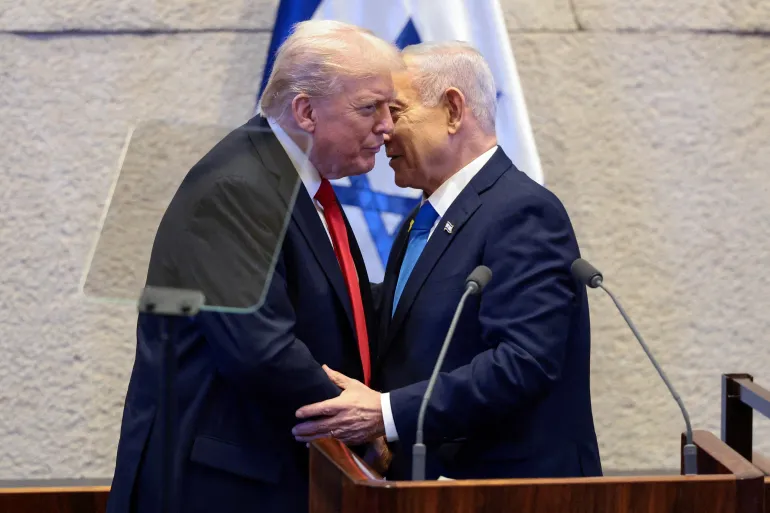
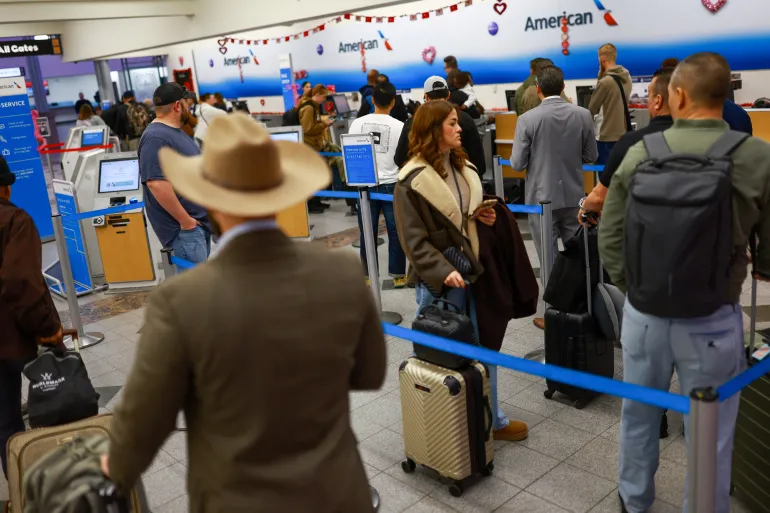
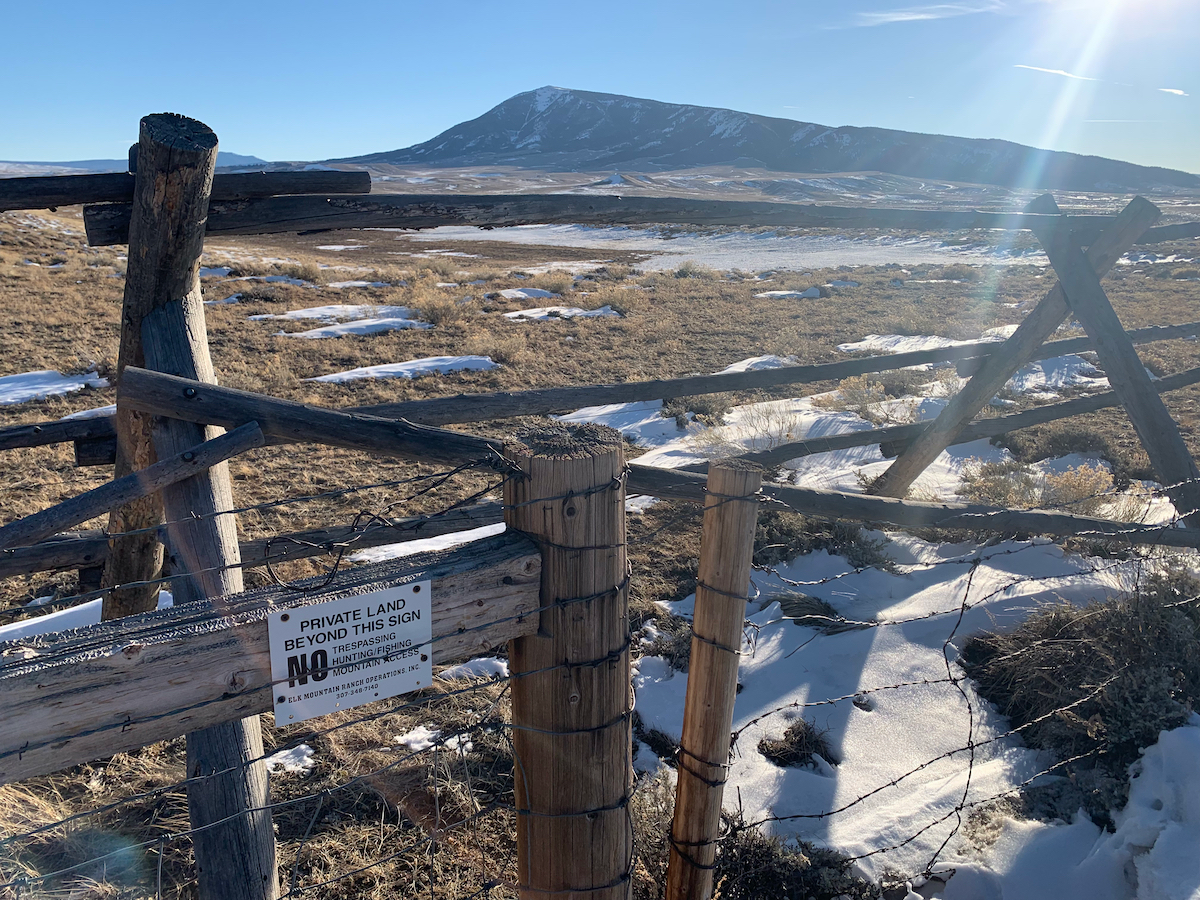




The latest news in your social feeds
Subscribe to our social media platforms to stay tuned